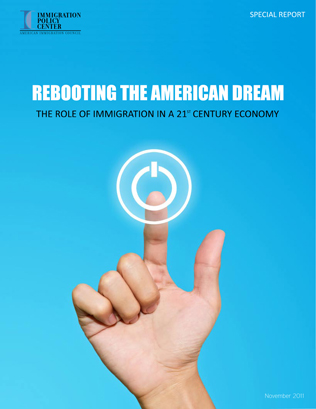Released on Wed, Nov 09, 2011
Washington, DC – The American Immigration Lawyers Association (AILA) and the American Immigration Council (AIC) released a new survey today finding that Immigration and Customs Enforcement (ICE) officers and attorneys across the country are applying different standards on prosecutorial discretion despite the issuance of national policy memoranda this summer. The report, which includes inform ation about all 28 ICE offices nationwide, shows that most ICE offices have not even implemented the two headquarters’ memos. These discrepancies reflect a need for ICE and Department of Homeland Security (DHS) leadership to issue additional guidance to its rank and file.
“We felt that ICE’s June 2011 memoranda about the use of prosecutorial discretion in certain types of immigration cases were clear and straightforward,” said AILA President Eleanor Pelta. “But,” Pelta continued, “these survey results show that ICE agents and attorneys are not willing to use the discretion they are responsible for implementing without further guidance. They are asking for more, and the agency’s leadership should help them get it,” said Pelta.
According to Benjamin Johnson, Executive Director of the American Immigration Council, "the June 2011 memo lays out a basic premise in law enforcement: the proper exercise of discretion is an integral part of any law enforcement effort to focus its resources effectively. If, as this survey reveals, many local immigration officials are unwilling to accept this basic premise, then the challenge for DHS and ICE is to back the memo up with the leadership, training and support necessary to make sure that these policies are actually being implemented."Read more...
View Release




